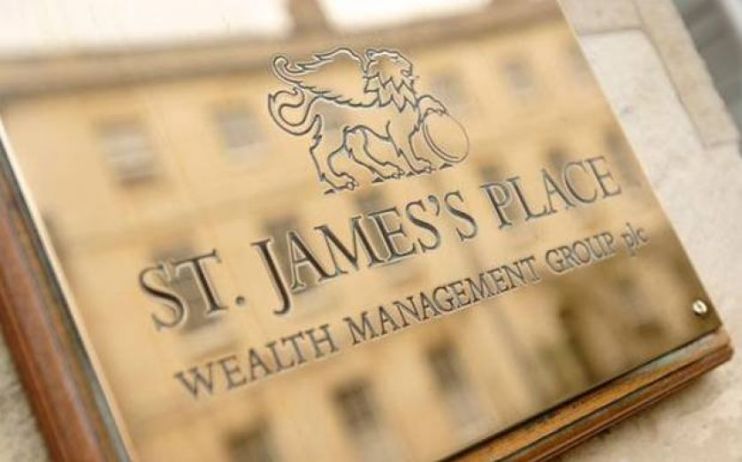St James’s Place shares plummet as bosses set aside £426m for complaints

Britain’s biggest wealth manager St James’s Place shed more than a quarter of its value this morning after it slashed its dividend and warned the cost of dealing with a deluge of complaints would drag on growth in the year ahead.
The firm’s notched a cash results of £68.7m last year, a sharp fall from the £410.1m notched in 2022, which bosses said had been “significantly impacted” by an assessment into its service and provisions to settle a slew of historic complaints. Some £426m has been set aside to pay out refunds to customers, the firm said.
Chief Mark Fitzpatrick said the cost of complaints and a fees overhaul pushed through by the firm last year would likely weigh on growth in the years ahead as he slashed the dividend payout to shareholders.
“A combination of the provision we have established and an expected decrease in the level of profit growth in the next few years as we transition to our new charging structure, reduces our ability to invest for long term growth in our business over the next few years,” he said in a statement.
The firm cut the full year by dividend more than half to 23.8 pence per share from 52.8 pence per share in 2022, and would now pay out 50 per cent of its cash result to shareholders going forward.
Shares in the firm had cratered by more than 28 per cent to their lowest level in over a decade in the 20 minutes after the market opened.
Britain’s biggest wealth manager said its net inflows through 2023 came in at £5.12bn, below market expectations, as funds under management came in at £168.2bn at the end of the year, up from £148.3bn at the end of last year. Analysts had been pricing in inflows of £5.3bn and funds under management of £166.9bn.
It comes after a turbulent year for the money management industry in which volatile markets and rising interest rates have dampened savers’ appetite for wealth management.
Fitzpatrick is looking to push through a turnaround after a tumultuous year for the firm in which it was forced to overhaul its controversial fee structure under the FCA’s stringent consumer duty rules.
After dropping its controversial exit fee, SJP warned the change was likely to come with a £140-£160m price tag for implementation alone and deliver a hit to the bottom line in the short term.
Bosses revealed an overhaul in its fund managers late last year in a bid to cut costs, pulling $1.5bn from Jacob Rees-Mogg’s former fund manager Somerset Capital.
St James’s Place has also suffered a series of bruising headlines after freezing withdrawals on a property fund, and featuring heavily on the closely-watched ‘dog funds’ list of the worst performing investment vehicles in the industry.